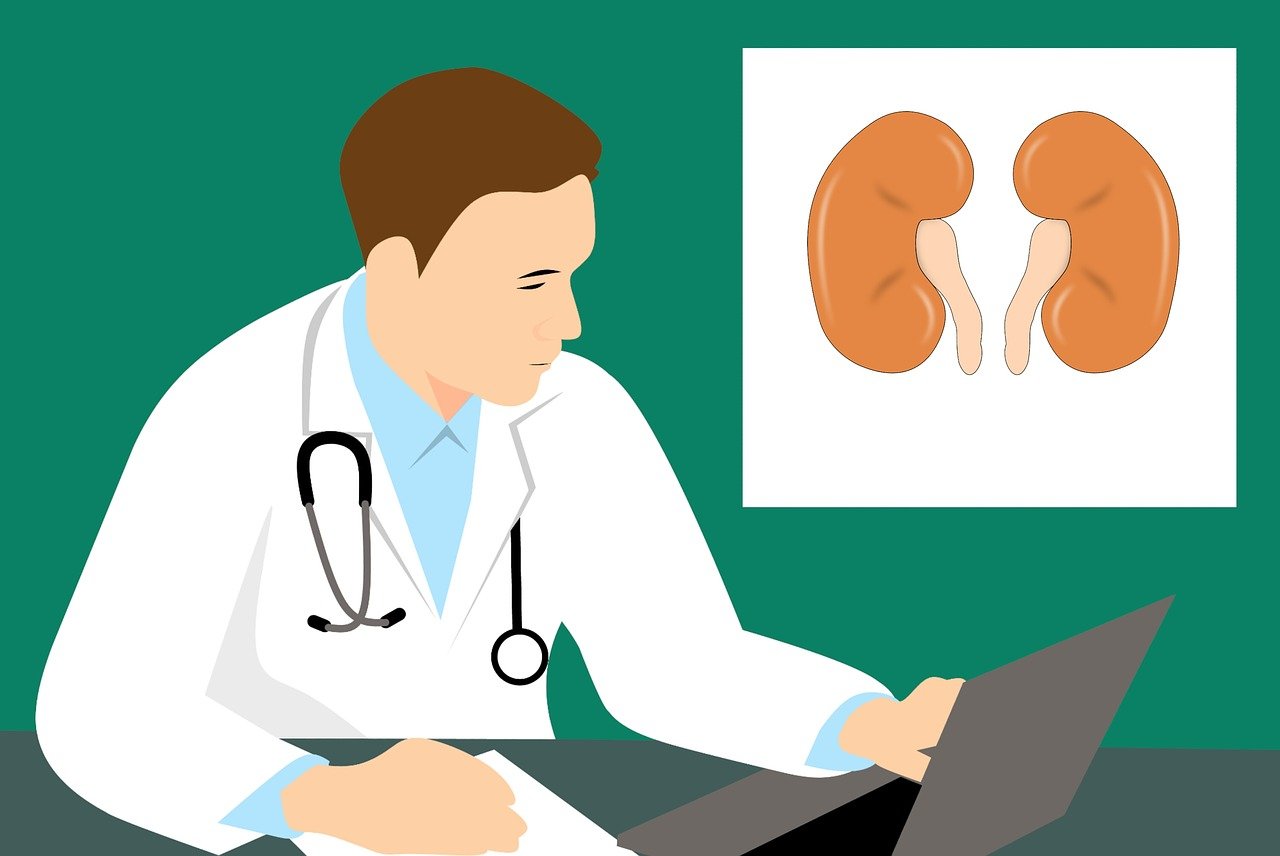The kidneys are an essential part of the human body, responsible for filtering waste products from the blood and regulating fluid and electrolyte balance. They are located on either side of the spine and are about the size of a fist. Despite their small size, the kidneys play a vital role in maintaining overall health and wellbeing.
Unfortunately, kidney disease is a growing problem around the world. According to the National Kidney Foundation, 1 in 3 adults in the United States are at risk for kidney disease, and it is estimated that 850 million people worldwide have kidney disease. In this article, we will explore the importance of kidney health and discuss ways to keep your kidneys healthy.
Functions of the Kidneys
The kidneys perform several critical functions in the body, including:
- Filtering Waste Products: The kidneys remove waste products, excess fluids, and toxins from the blood, which are then excreted as urine.
- Regulating Fluid Balance: The kidneys regulate the body’s fluid balance by adjusting the amount of water excreted in the urine.
- Regulating Electrolyte Balance: The kidneys maintain the balance of electrolytes in the body, including sodium, potassium, and calcium.
- Producing Hormones: The kidneys produce hormones that regulate blood pressure, stimulate the production of red blood cells, and promote bone health.
- Activating Vitamin D: The kidneys play a critical role in activating vitamin D, which is essential for bone health and overall health.
Causes and Risk Factors of Kidney Disease
Several factors can contribute to kidney disease, including:
- Diabetes: High blood sugar levels can damage the kidneys over time.
- High Blood Pressure: High blood pressure can damage the blood vessels in the kidneys, reducing their ability to function correctly.
- Family History: People with a family history of kidney disease are more likely to develop the condition.
- Smoking: Smoking can damage blood vessels and decrease blood flow to the kidneys, leading to kidney damage.
- Obesity: Being overweight or obese increases the risk of developing kidney disease.
Symptoms of Kidney Disease
In the early stages, kidney disease may not cause any noticeable symptoms. However, as the disease progresses, the following symptoms may occur:
- Fatigue and Weakness
- Swelling in the legs, ankles, or feet
- Changes in urine output or appearance
- Difficulty sleeping
- Loss of appetite
- Nausea and vomiting
- Itching
- Muscle cramps
- Shortness of breath
- High blood pressure
Ways to Keep Your Kidneys Healthy
There are several steps you can take to keep your kidneys healthy, including:
- Stay Hydrated: Drinking plenty of water helps the kidneys function correctly and prevents dehydration.
- Eat a Healthy Diet: Eating a balanced diet that is low in salt, sugar, and processed foods can help prevent kidney damage.
- Exercise Regularly: Regular exercise can help lower blood pressure and reduce the risk of developing kidney disease.
- Manage Blood Sugar and Blood Pressure: Keeping blood sugar and blood pressure under control can reduce the risk of kidney damage.
- Quit Smoking: Quitting smoking can reduce the risk of kidney disease and improve overall health.
- Limit Alcohol Consumption: Drinking too much alcohol can damage the kidneys, so it’s essential to drink in moderation.
- Get Regular Check-Ups: Regular check-ups with your healthcare provider can help detect kidney disease early, when it is most treatable.
In Conclusion
The kidneys play a crucial role in maintaining overall health and wellbeing, and it’s essential to take steps to keep them healthy. By following a healthy lifestyle,
If you like this article please share by clicking on one or two of the social media platform share buttons to help others.




Thank you so much for this informative post. I think sometimes we take our body for granted and fail to realise what each organ does. I’m loving the bit about keeping your kidneys healthy I certainly will be taking all that on board.
👉 Thanks for your comment Elaine. Glad you found it useful 🙌